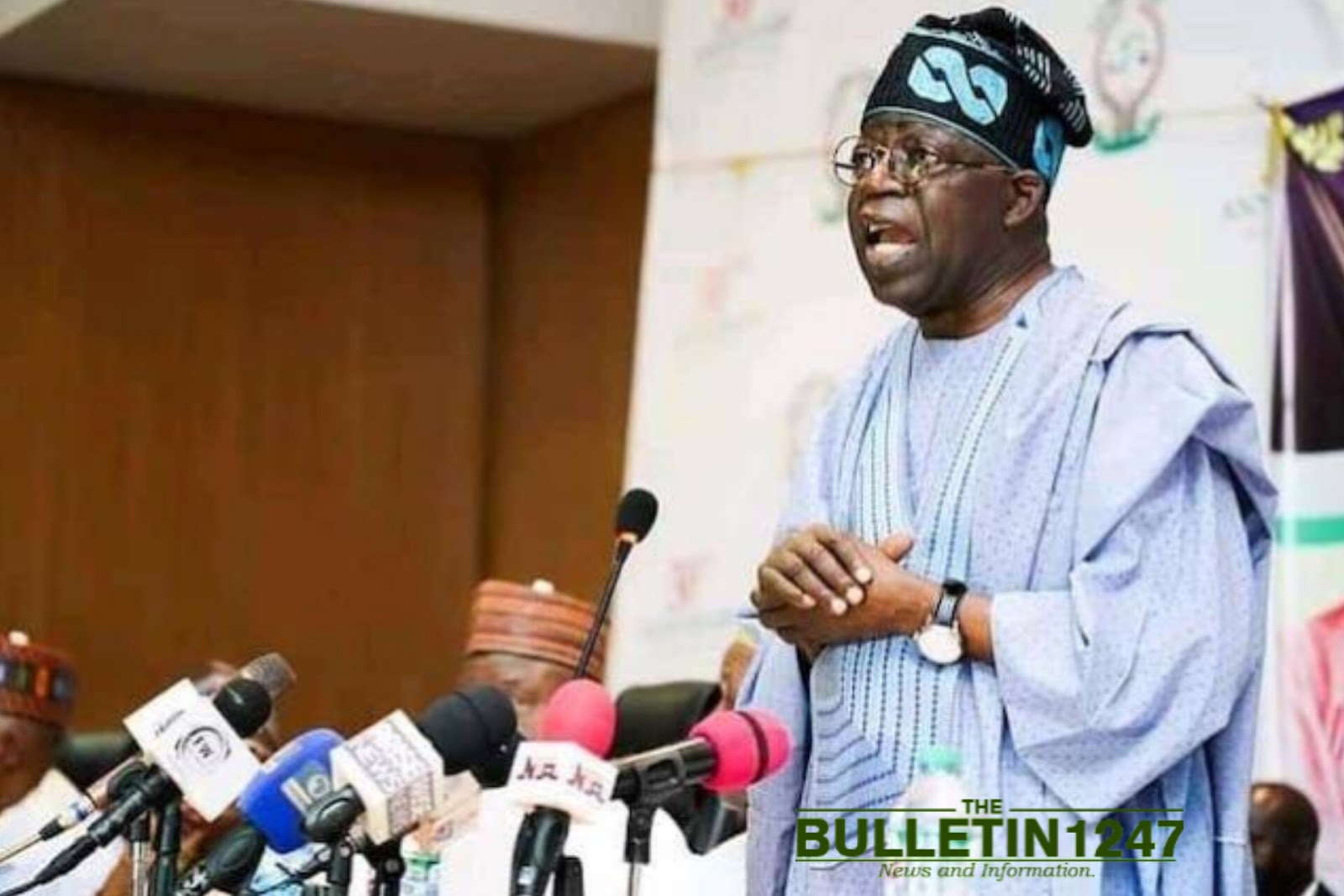Assessing the government of President Bola Tinubu of Nigeria and its impact on the economy involves considering various factors. Firstly, during Tinubu's tenure as governor of Lagos State from 1999 to 2007, he implemented significant reforms in infrastructure development, urban renewal, and revenue generation. His administration focused on improving the state's road network, healthcare system, and education facilities, which contributed to the economic growth of Lagos and its status as Nigeria's commercial hub.
However,
critics often point out challenges such as governance style, alleged
corruption, and political manoeuvres. While Tinubu's leadership was credited
with bringing stability and progress to Lagos State, some argue that his
political dominance and influence extended beyond his gubernatorial tenure,
raising concerns about democratic principles and checks on executive power.
Economically,
Tinubu's policies were seen as both beneficial and controversial. His
administration pursued privatization and public-private partnerships to attract
investment and stimulate economic growth. Lagos experienced significant
infrastructural development under his leadership, which improved the business
environment and attracted local and foreign investors.
Nevertheless, some analysts highlight the issue of economic inequality and poverty alleviation. Despite Lagos State's economic growth, disparities persisted, with a significant portion of the population living in poverty. Critics argue that Tinubu's government could have done more to address social welfare and income distribution issues, particularly in marginalized communities.
Another
aspect of Tinubu's government's assessment involves its impact on the political
landscape of Nigeria. Tinubu's political influence extended beyond Lagos State,
as he played a key role in shaping national politics through alliances and
strategic partnerships. His contributions to the opposition coalition that
eventually led to the defeat of the ruling party in the 2015 presidential
election are noteworthy in Nigerian political history.
In
conclusion, assessing Tinubu's government and its impact on Nigeria's economy
is multifaceted. While his administration achieved significant milestones in
infrastructure development and economic growth, criticisms regarding
governance, corruption, and social welfare persist. Understanding the
complexities of Tinubu's tenure requires a comprehensive analysis of his
policies, political strategies, and their long-term implications for Nigeria's
socio-economic development.




.jpg)















0 Comments
Your comment is your opinion about the post, and no one will owe you accountable, so do it justly. Thanks.